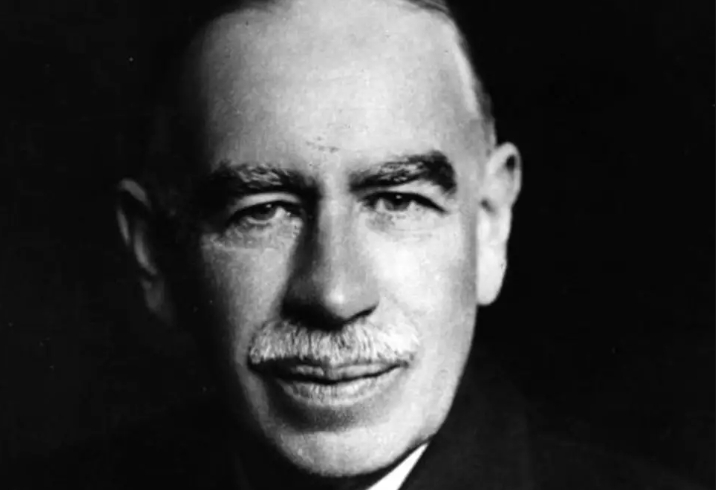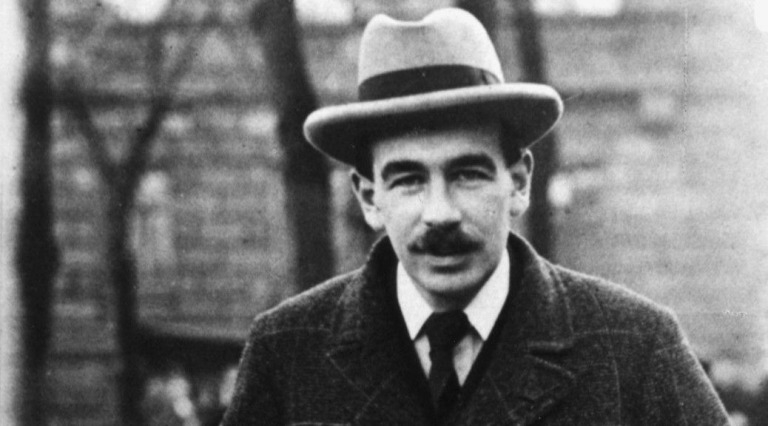Keynes Was Bisexual
One of the interesting facts about John Maynard Keynes is he had nearly exclusively male connections in his early years, despite subsequently marrying a woman. Early on, Keynes only had love and sexual interactions with men. While attending Eton and Cambridge, Keynes had relationships; notable among these early partners were Dilly Knox and Daniel Macmillan. Keynes was candid about his affairs and kept separate journals from 1901 to 1915 in which he kept track of all of his numerous sexual encounters. Keynes was fortunate to have a rapport and later a close acquaintance with Macmillan because it was their business that first published his essay Economic Consequences of the Peace.
The Bloomsbury Group, in which Keynes was actively engaged, had lenient attitudes on homosexuality. The Cambridge Apostles' Victorian attitudes had been changed by Keynes and author Lytton Strachey. According to Bertrand Russell, gay relationships among the members had been prevalent since their time. He first met Duncan Grant in 1908, and Grant became one of Keynes's greatest loves. Lytton Strachey and Keynes were romantically involved, but they were mostly love rivals rather than lovers. Keynes had gained Arthur Hobhouse's love, and, like Grant, an envious Strachey fought him over it. Keynes had previously turned Strachey off, in part because of the way he "treated [his] love affairs quantitatively."
Despite receiving several criticisms regarding his sexuality while he was alive, Keynes was never secretive about it. Though he was married, it is believed that he carried on having affairs with men in his final years.









